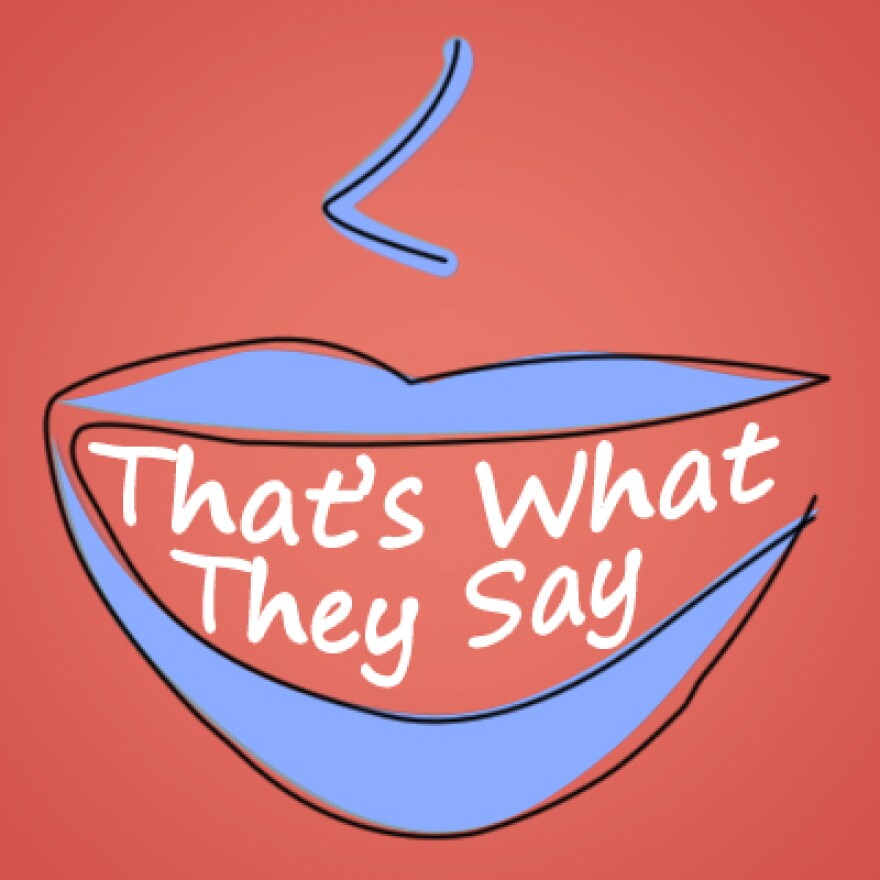The contraction of the word “of” to o’ is considered highly informal, but the phrase “o’clock” is somehow different.
This week on That’s What They Say, host Rina Miller and University of Michigan English Professor Anne Curzan discuss how we talk about time.
The expression “o’clock” comes from “of clock” as in “according to the clock,” says Curzan.
It might seem like an antiquated phrase, but "o'clock" is still used quite a lot. But, there is something else on the rise and that is the use of a.m. and p.m.
The abbreviations are shortened from Latin phrases. P.M. comes from post meridian or after midday. It comes into English in 1666, according to the Oxford English dictionary. And then a.m. comes from anti-meridian for before midday.
Curzan found that many years ago there was an interesting use of “o’clock” that might sound strange to us today. “In earlier times instead of saying ‘what is the time’ you could say ‘what is o’clock?’ or you could say ‘what o’clock is it?’”
Today begins daylight savings time, which means we “spring forward” one hour. And since we are talking about a.m. and p.m. here's a questions for you. Is 5 p.m. in the evening or afternoon? You decide.





